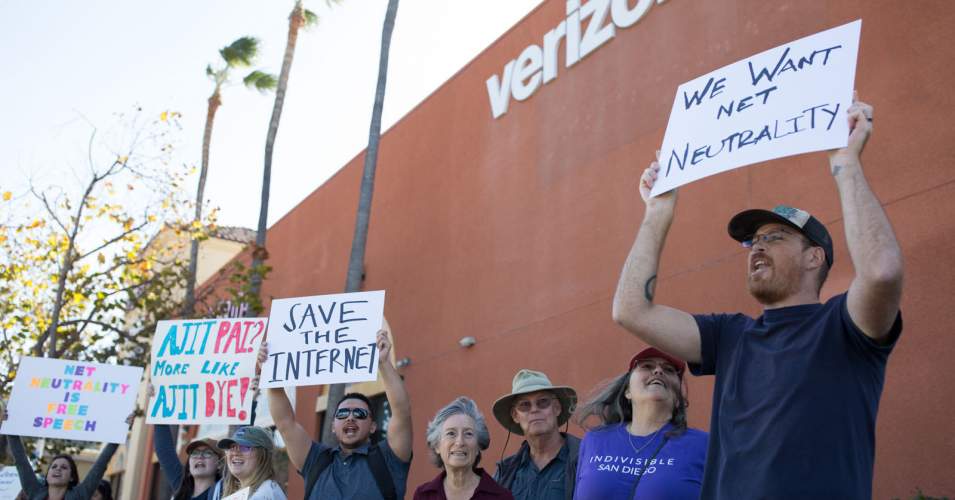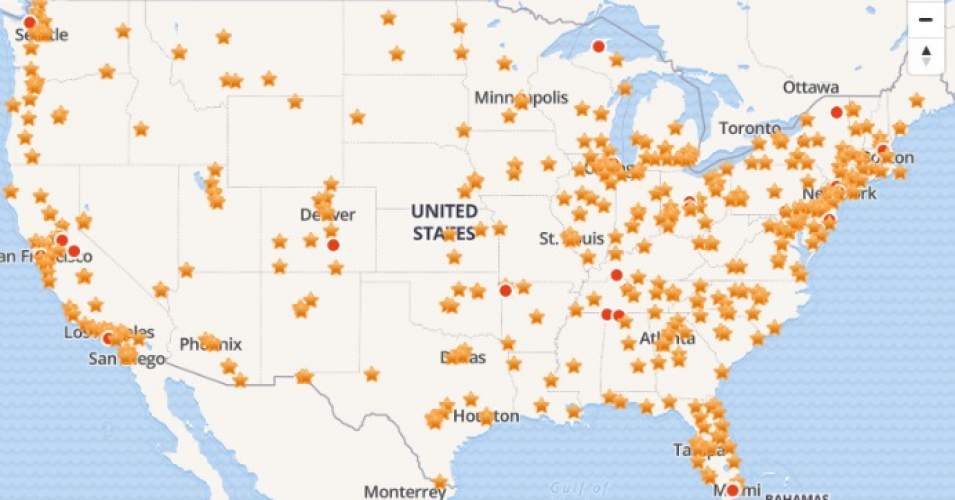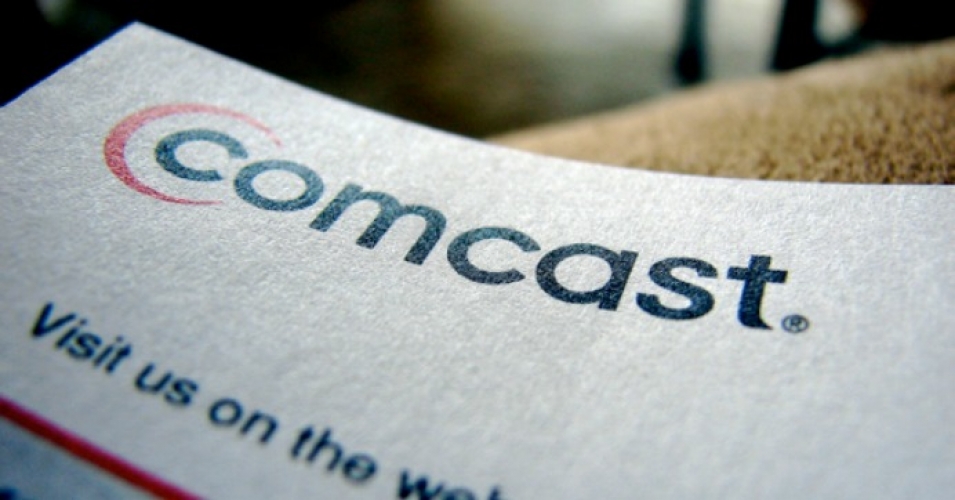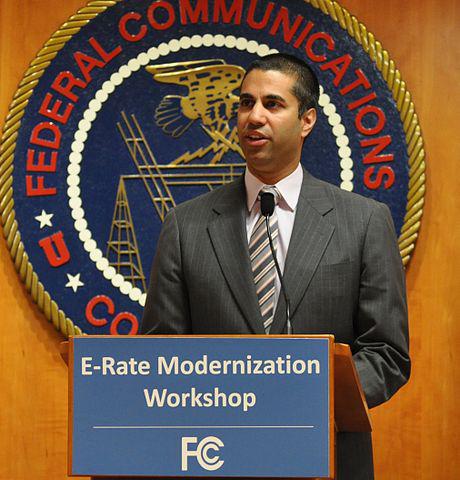![By GNOME icon artists (GNOME SVN / GNOME FTP) [GPL (http://www.gnu.org/licenses/gpl.html)], via Wikimedia Commons](http://occupyworldwrites.org/wp-content/uploads/2014/01/500px-Gnome-computer_svg-300x300.png)
By GNOME icon artists (GNOME SVN / GNOME FTP) [GPL (http://www.gnu.org/licenses/gpl.html)], via Wikimedia Commons
On January 14, the DC Court of Appeals struck down key parts of the Open Internet Order, the means by which the FCC defines net neutrality rules. To understand the implications of this, we need to review what the term “net neutrality” means.
Net neutrality is the principle that Internet service providers should enable access to all content and applications regardless of the source, and without favoring or blocking particular products or websites. A simple example from the commercial side would be that if AT&T is your ISP, it cannot block or slow down streaming content from Hulu, which is owned by Comcast – a direct competitor.
Without these rules in place, service providers could legally limit or slow down your access to sites not associated with the service provider, or block access entirely. If this sounds like more corporate control of speech to you, you’re right- it is. It’s also a slap in the face to smaller service providers, as the larger players in the game could put in place restrictive licensing fees, slow down out of network online activities or block access to the content that they host, thus creating a tiered service model. It doesn’t take a paranoid mindset to imagine a future scenario where political or social commentary outside what the powers that be deem acceptable wouldn’t be able to be expressed online.
However, with all the doom and gloom postulated in the above paragraphs and various blogs/articles I’ve read on the ruling, all’s not lost. The Court of Appeals overturned the provisions on a technical ground saying that the FCC hadn’t clearly defined their common carrier rules; not on the constitutionality of such a law. This leaves a clear path forward for the FCC to define what common carrier means as far as internet usage goes, as they did with cell phones (it’s why you have roaming with a cell phone out of its normal network instead of no reception at all). And, the service providers are still required to disclose their activities as far as blocking content, etc. goes; something the large service providers wanted struck down.
What can you do? Call or write your Congressthing. Call or write your service provider. Sign Al Franken’s net neutrality petition. Make your voice heard!
Gigaom has a good series of articles about the ruling, starting with this one. Follow their links in the related stories sidebar for other takes on the subject. Ars Technica also has a good piece. For the MSM spin on the whole thing, try the Wall Street Journal.
Net neutrality isn’t dead – it just smells funny.






![By Federal Communications Commission (FCC Website Vectorized by Hazmat2) [Public domain], via Wikimedia Commons](http://occupyworldwrites.org/wp-content/uploads/2014/04/500px-FCC_New_Logo-300x252.png)
![By GNOME icon artists (GNOME SVN / GNOME FTP) [GPL (http://www.gnu.org/licenses/gpl.html)], via Wikimedia Commons](http://occupyworldwrites.org/wp-content/uploads/2014/01/500px-Gnome-computer_svg-300x300.png)